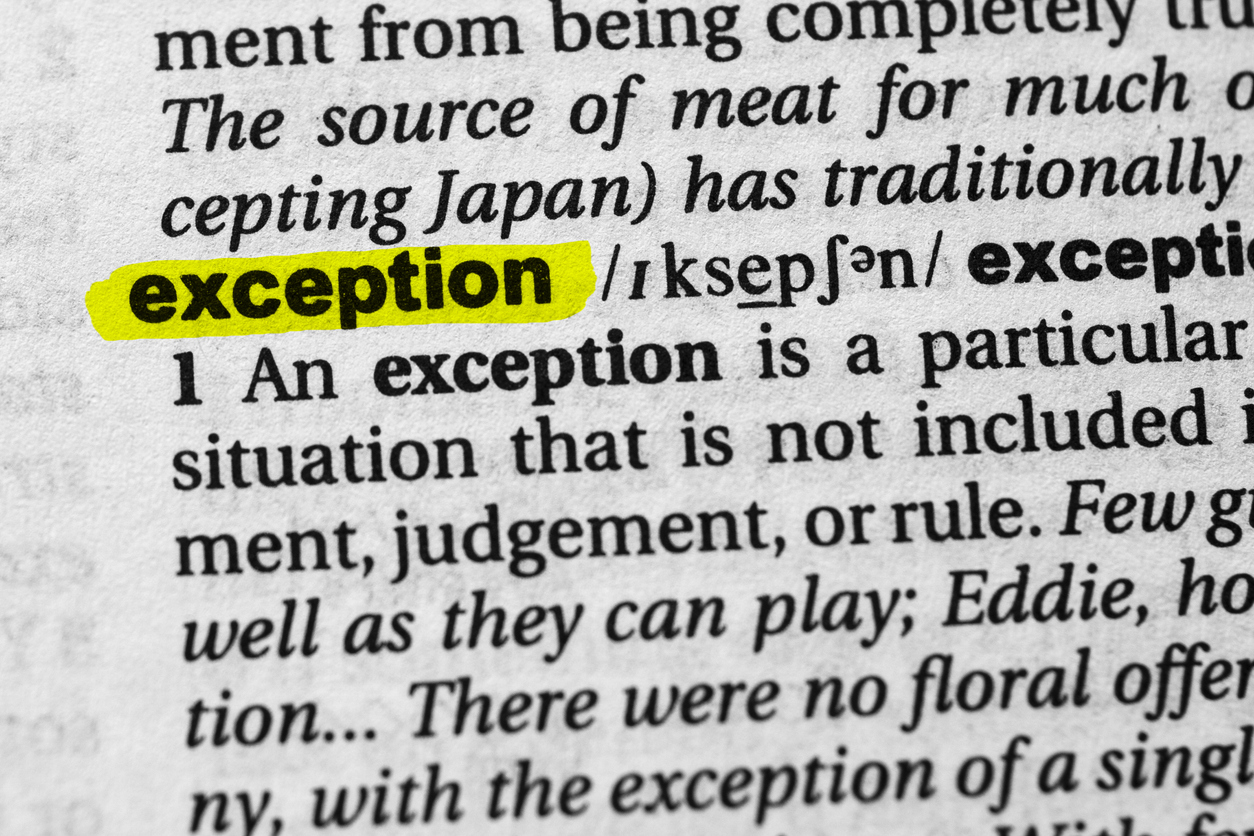Following up on Matt Stalcup’s post, “Is an Insurance Policy Non-Shareable Work Product?” I kept thinking about the crucial role all insurance adjusters play in the claims process.
Company and independent adjusters are the bridge between policyholders and treasuries of insurance companies. The policyholder surplus monies are there for the policyholders so that claims can be promptly and fully paid. The adjusters play a crucial role in determining the speed and amount taken out of the policyholder surplus and sent to the policyholders. Their responsibilities include investigating claims, evaluating the loss, and determining the amount of compensation that policyholders are entitled to receive under the policy terms. However, the transparency by insurance adjusters communicating facts and evidence, especially in cases of claim denial or payment for amounts less than claimed, is paramount. This transparency is not only a matter of ethical practice but also a regulatory legal requirement.
Transparency in Claim Denials and Underpayments
Insurance adjusters should be transparent with policyholders about the reasons for claim denials or underpayments. This involves providing a clear and detailed explanation of the decision, including referencing specific policy provisions that justify the denial or underpayment. Adjusters should also inform policyholders about the evidence or lack thereof that led to their decision. This level of transparency helps policyholders understand the outcome of their claim and assess their options, whether it be to accept the decision, provide additional information, or contest the decision through appraisal or possibly litigation.
“What Does ‘The Work of Adjusting Insurance Claims Engages the Public Trust’ Mean?” discussed the importance of transparency in terms of an insurer being fair with its customer:
Honest Treatment: The concept refers to the practice of being truthful, transparent, and sincere in an adjuster’s interactions with the claimant. This concept is not limited to merely stating facts but encompasses a broader commitment to authenticity, fairness, and respect in dealings with the claimant and others during the adjustment process. Honest treatment by an adjuster means that the adjuster must conduct their work with integrity, providing truthful and transparent services to the claimant.
Truthfulness is essential to honesty. It means communicating information accurately and without deception. This includes avoiding lies of omission or any attempts to mislead or manipulate others. It means that adjusters must engage with others in a way that is reflective of their true thoughts and intentions.
Honesty requires transparency. It means that adjusters should openly share relevant information and be clear about their actions, decisions, and motivations. Transparency helps build trust and facilitates informed decision-making by all parties involved with an insurance claim.
Transparency from insurance adjusters concerning the specifics of claim denials or underpayments is paramount for numerous reasons, impacting both the relationship between policyholders and insurers and the overall claims process. First, transparency is instrumental in building trust. When policyholders are privy to the rationale behind the decisions on their claims, including the evidence and criteria used, it enhances their trust in both the process and the insurance company. This openness is beneficial for policyholder satisfaction and fundamental in fostering a positive and transparent relationship between insurers and their clients.
Moreover, transparency is key to ensuring accountability within the insurance industry. It encourages a more diligent and fair assessment of claims by obligating adjusters to provide a clear and comprehensive explanation for their decisions, including the evidence supporting claim denials or underpayments. This accountability ensures that decisions are made based on accurate information and a thorough investigation, which can significantly reduce disputes.
Having access to detailed information about their claim allows policyholders to make well-informed decisions about how to proceed, whether it be accepting the decision, seeking further clarification, or disputing the claim. This level of insight is crucial for policyholders to understand their position and evaluate their options effectively. For most policyholders trying to get paid what they think they are owed, the details about why the claim is not fully paid are crucial. How are they going to think that they have not been wrongfully treated without providing the details and backup for the reasons?
Finally, transparency plays a crucial role in alternative dispute resolution. When both parties have access to the same information and understand the reasoning behind claim decisions, it lays a foundation for open dialogue and negotiation. This environment can lead to more amicable resolutions, potentially avoiding the time, expense, and stress associated with litigation. Therefore, transparency by adjusters handling the claim and making claims decisions not only benefits policyholders by providing clarity and building trust but also supports a more efficient and equitable claims process without having to resort to regulatory or legal action in determining and resolving a disputed claim decision.
State Requirements of Good Faith and Fair Dealing Require Turning Over Relevant Claims File Materials
The obligation of good faith and fair dealing is recognized by everybody in the insurance industry, and regulations require insurers to abide by that concept in all states. “Should All States Require Insurance Companies to Turn Claims Files Over to Policyholders?” questioned whether all states should follow California’s lead and pass a statute with penalties when those materials are not turned over:
Property insurance companies are required to turn over claims materials to policyholders in California. Why shouldn’t all states have this requirement?
Within 15 days of a request, these documents must be turned over in California:
All documents that relate to the evaluation of damages, including, but not limited to, repair and replacement estimates and bids, appraisals, scopes of loss, drawings, plans, reports, third-party findings on the amount of loss, covered damages, and cost of repairs, and all other valuation, measurement, and loss adjustment calculations of the amount of loss, covered damage, and cost of repairs.
The United Policyholders website notes the following obligation by representatives of an insurance company:
All representatives of your insurance company are legally required to tell you the truth. This includes in-person conversations and all communication by phone, letters, emails and all advertising and printed materials. This means they must be honest about what they sell you, what you’ve paid for, and what you’re entitled to if you file a claim.
…
You are entitled to prompt, timely communications from your insurer. The company (and all its representatives) must respond to your communications ‘immediately, but in no event more than 15 calendar days’ with ‘a complete response based on the facts then known.’ Any question you ask, and any request you make must be responded to by the insurer within 15 calendar days.
You should get in the habit of sending your insurer letters or emails, so there is a record of who said what and when. That doesn’t mean you should stop talking to your adjuster, but if you discuss something important on the phone, immediately follow up with an email confirming the conversation. If you request copies of your current policy and policy history, including previous policies, policy upgrades, notices of changes, etc.
…
You have a right to receive a copy of certain claim-related documents contained in your file. An insurer shall ‘notify every claimant that they may obtain, upon request, copies of claim-related documents…’ including construction estimates, photographs and the documentation backing up their estimates and ‘all other valuation’. This includes information about how your contents and construction estimates may have been depreciated. …The only thing you are not entitled to receive is attorney-client privileged communications and their attorney’s work. This means valuations, photographs, measurements, adjustor notes and reports, contents depreciation schedules, construction depreciation schedules, materials estimates, etc. are all part of your claims process, and you are entitled to receive complete copies of these so you can review them.
How can an insurance company be fair and honest if it will not turn over the backup evidence for denial or refusal to pay a claim?
Transparency in the communication of facts and evidence related to claim denials and underpayments is essential for a fair and trustworthy insurance claims process. The principle of good faith and fair dealing requires that transparency remains a cornerstone of ethical and effective claims handling. Policyholders should be aware of their rights to access claims file materials and the importance of clear communication from insurance adjusters throughout the claims process. This includes promptly providing and showing all the reasons for complete or partial denial of a claim. The assertion of “work product” may be relevant in a third-party claim scenario because the insurance company is protecting its policyholder. However, it is not an excuse to avoid providing the details and evidence for the reasons why a claim by its own customer was denied.
Thought For The Day
The single most important ingredient in the recipe for success is transparency because transparency builds trust.
—Denise Morrison




